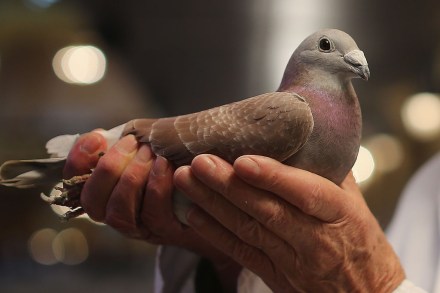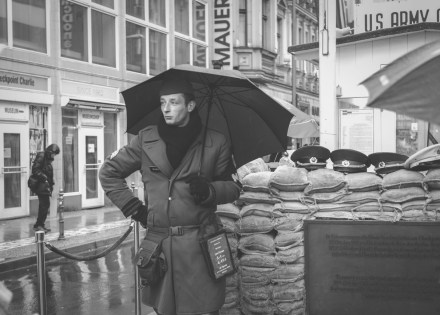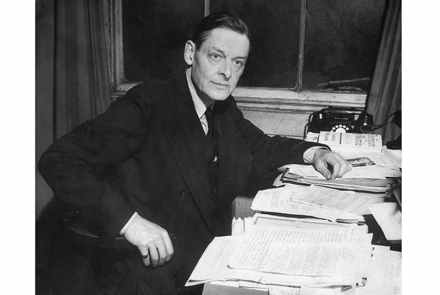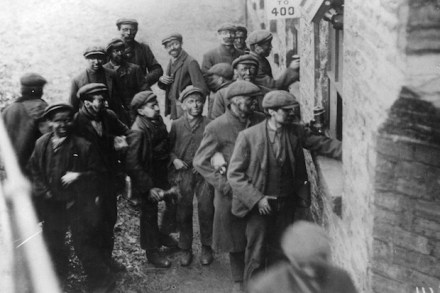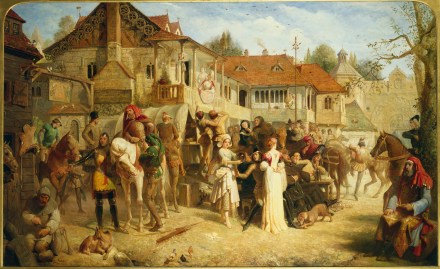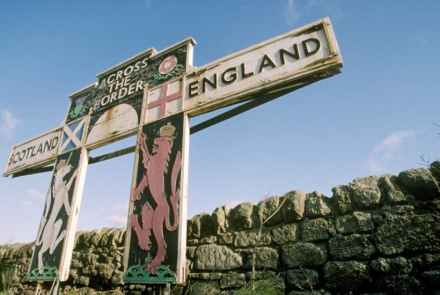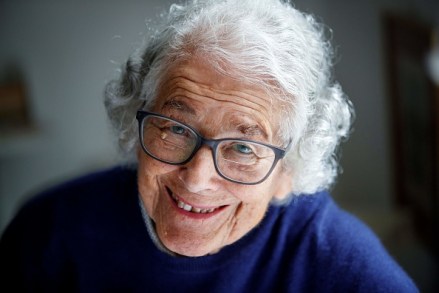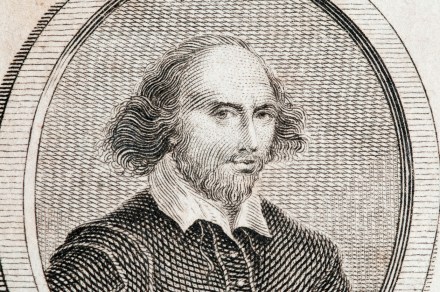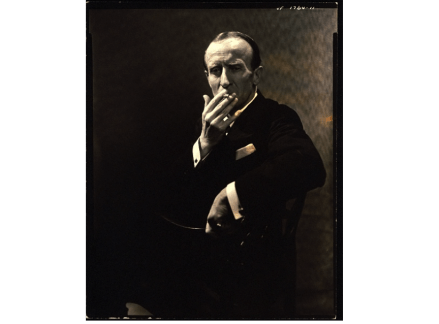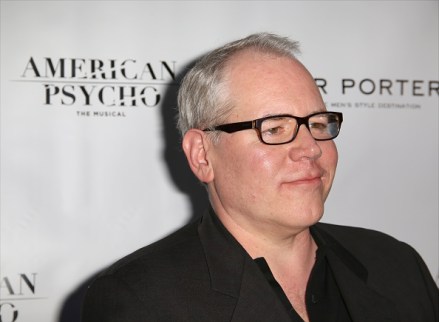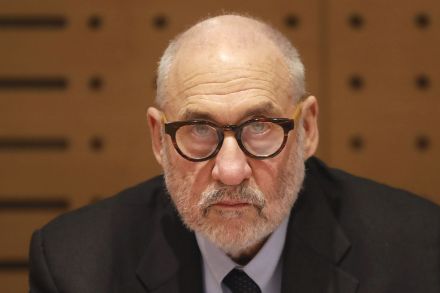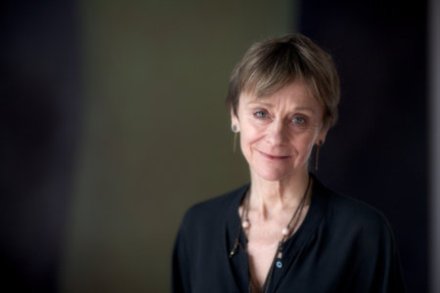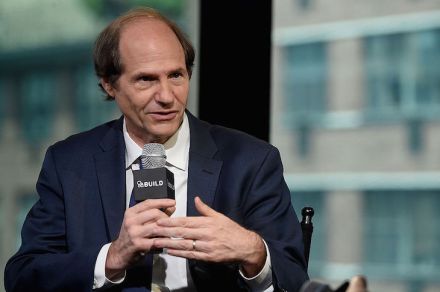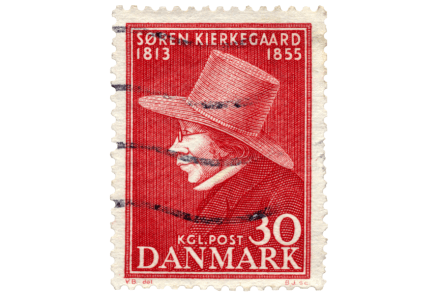Spectator Books: when Coleridge met Wordsworth
In this week’s books podcast, we’re getting Romantic. I’m joined by the writer Adam Nicolson and the artist Tom Hammick to talk about their new book The Making of Poetry: Coleridge, Wordsworth and their Year of Marvels. In it, Adam describes how — inspired by Richard Holmes’s ‘footsteps’ approach — he attempted to imaginatively inhabit the worlds of Coleridge and Wordsworth in the crucial year in the late 1790s when they lived near each-other in the Quantocks in Somerset. That meant, for him, living in the same landscape, walking the same paths, reliving the struggles with lines of verse in manuscript. It’s a passionate attempt to fully understand the relationship




